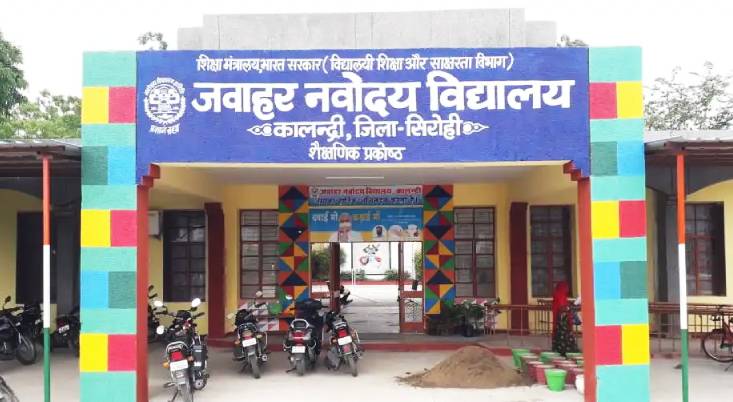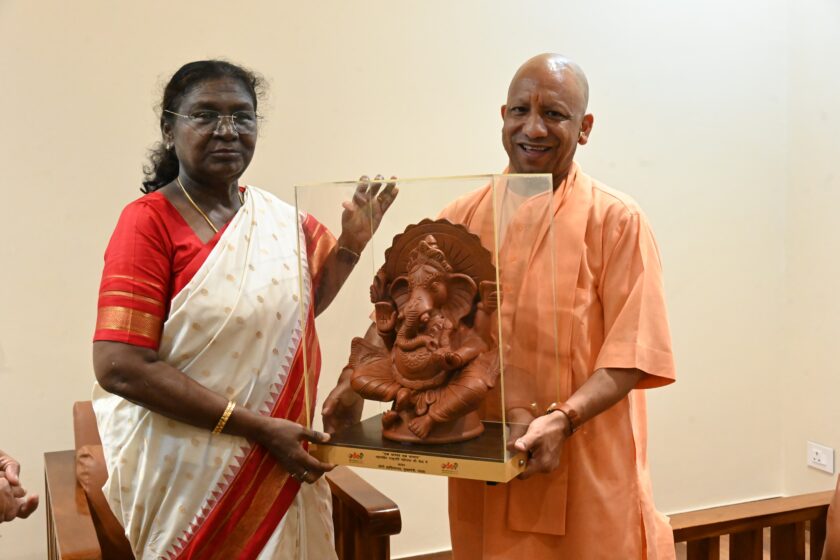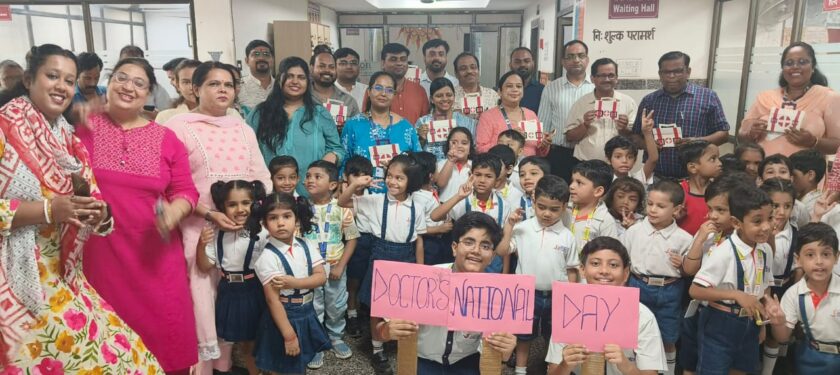New Delhi: The Homoeopathy Symposium with call for Global Collaboration to Enhance the Efficacy and Acceptance of Homoeopathy Worldwide concluded at New Delhi. The two-day event marked the presence of President of India, Droupadi Murmu and seven Padma awardees in the field of homeopathy and Ayush. The Homoeopathy Symposium was attended by a gathering of more than 6,000 participants, doctors, scientists, researchers, academicians, students, and faculty, all under one roof, having meaningful interactions for the cause of homoeopathy.
In line with the theme of the event, “Empowering Research, Enhancing Proficiency the event featured deliberations on homoeopathic research, clinical practice, and market insights.
On second day Dr. Anil Khurana, Chairperson of the National Commission for Homoeopathy, stated, “Celebrating World Homoeopathy Day in India has been an opportunity to share clinical experiences and discuss policy issues for the growth of Homoeopathy. Over time, thanks to government patronage, Homoeopathy has developed a wide infrastructure, and India has become a global leader in this system of medicine. We believe that evidence-based research for translating into public benefit will further enhance the visibility of Homoeopathy.”
During the course of various sessions, renowned homoeopathic practitioners shared their experiences managing difficult cases with homoeopathy. The positive results of homoeopathy in animal cases were also showcased by veterinarians. Researchers and scientists shared the findings of key research activities undertaken by them. There were panel discussions on translational research, reforms in the education sector, global perspectives in homoeopathy, quality assurance in homoeopathic medicines, and interdisciplinary research. These discussions fostered a fruitful dialogue among experts, researchers, industry representatives, professional associations, and other stakeholders, sharing their experiences and challenges and discussing efforts required to overcome those challenges. The deliberations led to constructive recommendations on strategizing approaches for bringing about positive changes in these sectors.

The international experts present during the event shared their experiences in the field of homoeopathic research and practice. Clinical research findings were described by the Council’s scientists, and the success stories of clinicians motivated the audience to apply the new learnings in their own practices. During the event, students were awarded STSH/MD Scholarships as well.
During the valedictory session, the dignitaries expressed solidarity among the homeopathic fraternity and shared key points and actions required to be undertaken in their respective fields. Dr. Raj K. Manchanda, Chairperson of the Homoeopathic Sectional Committee, Bureau of Indian Standards (BIS) & Former DG, CCRH, praised the efforts of the organisers, saying, “The symposium covered crucial aspects: regulatory insights, standards, exports, and government support. First, ensuring the quality of services involved standardizing and accrediting homoeopathic schools and hospitals with NABH. Secondly, maintaining the quality of homoeopathic medicinal products necessitated addressing the sourcing of high-quality raw materials and adopting additional quality parameters. Innovations and new developments in Homoeopathy were also explored.”
The symposium concluded successfully with a valedictory session attended by many eminent personalities, who reiterated the commitment to advancing the field of Homoeopathy. The gathering underscored the importance of continuous research, quality education, and global collaboration to enhance the efficacy and acceptance of Homoeopathy worldwide. The successful completion of the event not only highlighted the advancements in the field but also paved the way for future endeavours to promote Homoeopathy as a vital part of healthcare. The event culminated with a cultural evening featuring renowned performers.





